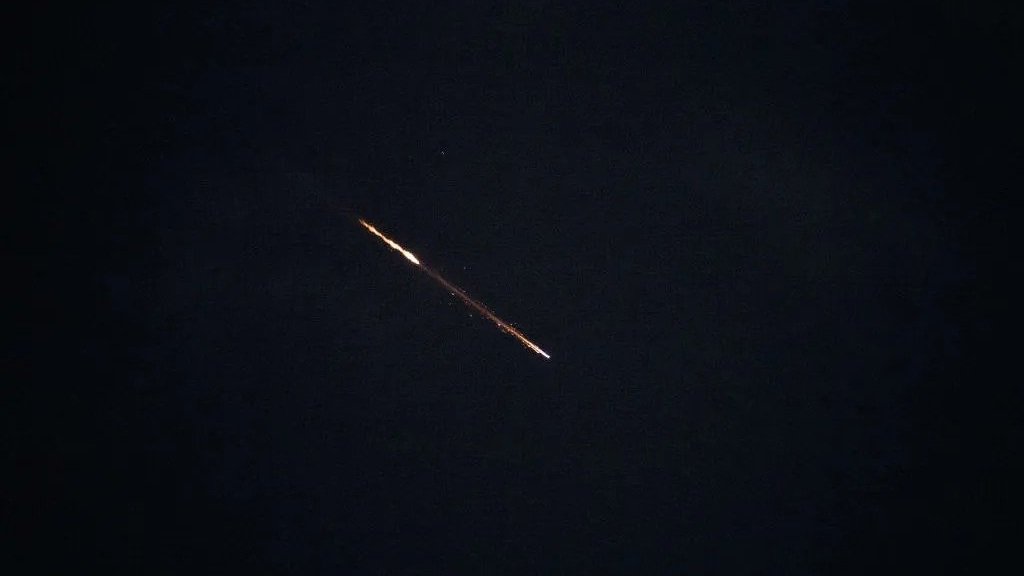IRAN'S MASSIVE DRONE STRIKE ON ISRAEL SHAKES THE MIDDLE EAST
(Photo: Supplied)
Iran has made headlines with a bold and unprecedented move, launching the largest drone strike and missile attack in its history, directly targeting Israel. This historic event, which unfolded overnight on Sunday, marks a significant escalation in the longstanding conflict between the two nations and has raised questions about the motives and repercussions of Iran's actions.
The attack came in direct retaliation for an Israeli strike on the Iranian consulate in Damascus, which resulted in the death of seven members of Iran's Islamic Revolutionary Guard Corps (IRGC), including two high-ranking generals. This targeted assault on Iranian personnel ignited a fierce response from Tehran, breaking a nearly half-century tradition of refraining from direct attacks on Israel.
Iran's decision to unleash hundreds of drones and missiles against Israel carries profound political and military implications. Firstly, it represents a strategic shift in Iran's approach to regional conflicts. In the face of increasing confrontations and military strikes by the United States and its allies, particularly following the assassination of top general Qassem Soleimani in Iraq, Iran has chosen to assert its military capabilities more aggressively.
Moreover, the attack underscores Iran's determination to bolster its deterrence against perceived threats from its adversaries. Critics argue that Iran's deterrence had been weakened by its reluctance to respond forcefully to provocations. By launching such a massive assault, Tehran aims to demonstrate its resolve and capability to defend its interests in the region.
Furthermore, Iranian officials have exhibited a degree of "strategic patience" in the aftermath of previous provocations, such as the assassination of another top IRGC commander in Syria. However, inaction or limited responses are no longer deemed acceptable, as they would be viewed as capitulation both domestically and internationally.
The repercussions of Iran's attack on Israel reverberate beyond the immediate military confrontation. As Israeli forces retaliated by bombing the Nuseirat refugee camp in Gaza, the United Nations Security Council convened to address the escalating tensions. UN Secretary-General Antonio Guterres called for de-escalation, emphasizing the peril of another conflict erupting in the already volatile Middle East.
In conclusion, Iran's decision to launch a historic attack on Israel represents a significant escalation in the ongoing geopolitical tensions in the Middle East. While the attack may have been motivated by retaliation and a desire to strengthen deterrence, its repercussions have implications far beyond the immediate military confrontation. As the international community grapples with the aftermath, the region teeters on the brink of further instability and conflict.


